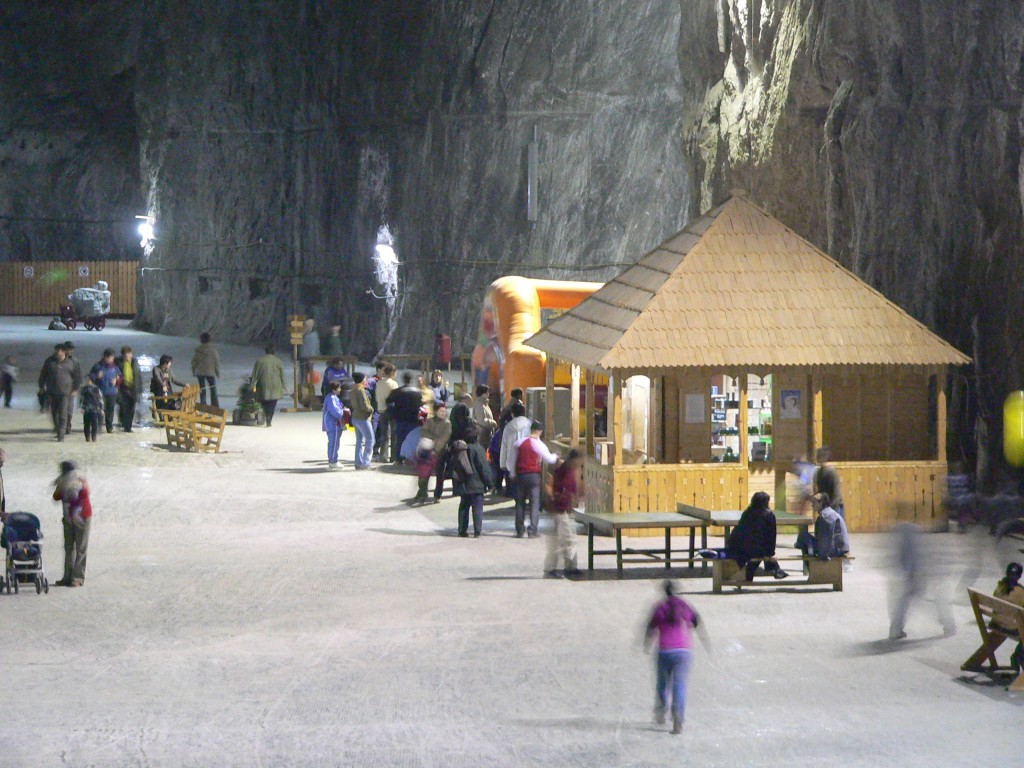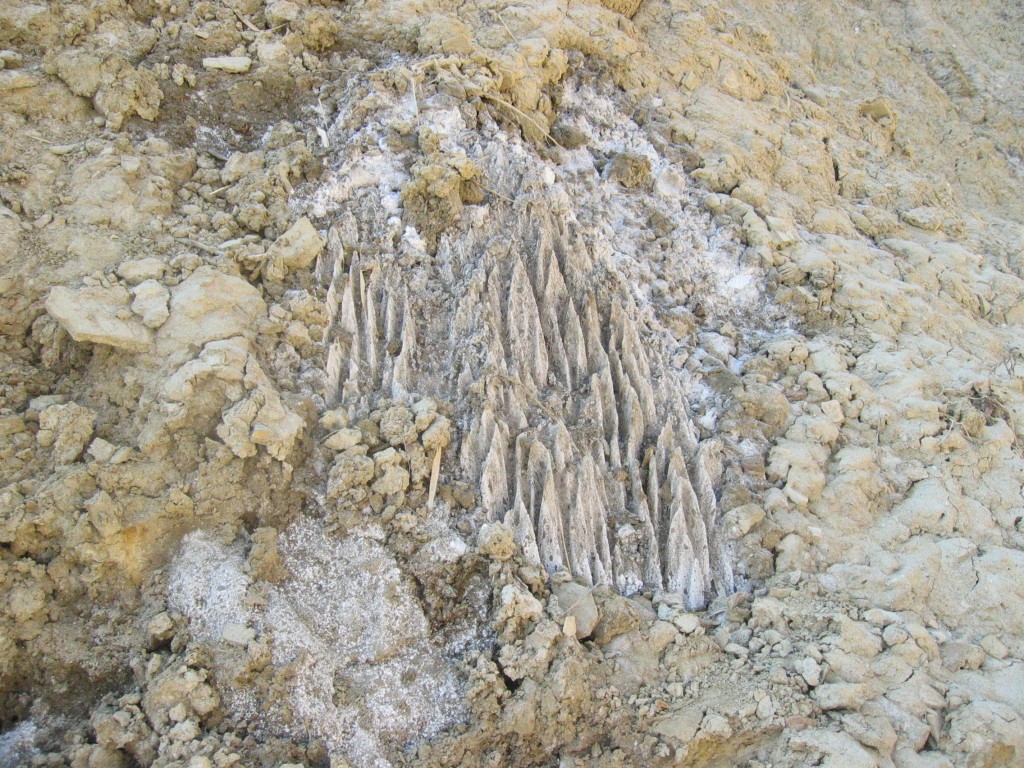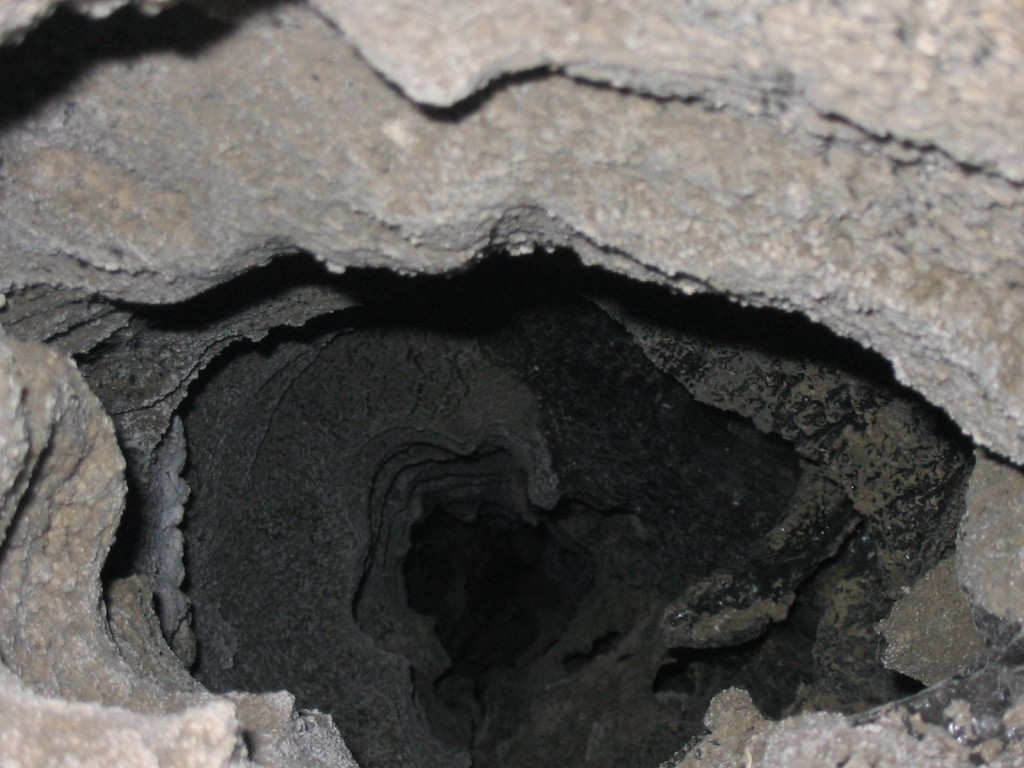Ahead of the final conference we asked a number of representatives from the CASC project partners to give us their thoughts on some of the key issues which will be discussed and developed further at the conference. Despina Tsikoudi from the European Office of Cyprus talks here about education policy relating to science, and the relationship between science and the media among other things. Continue reading
Science Online: More on Science Blogging as ‘echo chamber’
Ed Yong at Not Exactly Rocket Science continues with the “Who are we really writing for” debate we linked to yesterday. He says:
” I’ve written before that if I really wanted to influence the minds of people with no existing interest in science, I’d become a teacher. Except I’d be a dreadful teacher. I am, on the other hand, a competent writer. Play to your strengths. To me, this post (and indeed this entire debate) is more about encouraging people to constantly reflect upon their audiences and their goals, rather than to criticise any specific approach.
And if you do make the echo-chamber criticism, please provide some solutions. Because if you say that we’re all in an echo chamber without providing helpful suggestions of how to move beyond it, guess where that puts you? I’ll give you a hint. It’s a room-like place, where sound bounces repeatedly off the walls.”
Video: CASC and engaging the public in science
This is a video which captures some of the story behind CASC and what the project is all about. It gives a glimpse of the kind of issues which will be explored in a lot more detail next week, and reflects on some of the activities which have formed part of this mission to enhance public engagement in science as well as looking for ways of improving science skills and education.
Gyorgy Deak from Pro Sal on engaging the public with science
We spoke to Gyorgy Deak from ProSal about what he learned from the actions and study visits which were part of the CASC project and asked him about what policy recommendations he would like to make for the future.
Are there any existing policies or objectives which you would like to change, and why?
In my country, I would like more concern for the actions of the authorities to disseminate science, outside school curriculum, such as the Interactive Science Café. I think the pilot project held in the underground salt mine has proven that the general public is interested to learn more about the progress of science in a friendly manner, customised to the presence of a scientist who can offer him more than a message sent through the media.
What policy would you most like to see in place in the future?
A policy of openness to the public, giving it a real access to information, in a closer manner of perception for people with an average or less level of education.
What made the biggest impression on you during the project?
Direct contact scientist-to-public. The interest shown by participants in the three pilot actions of the CASC Project: Science in the News, Science in My Life, and The Underground Science Café. Dissemination of science in a personalised way to The Underground Science Café.
How do you think the way science is represented in the news affects how the public engages with scientific matters?
Differently, depending on receptor, audience, and level of understanding of information. My question is: how can I transmit this information to the public who is not interested in news?
What do you think the project has done to help celebrate science and scientists?
The project helped to create a “bridge”, the channels of direct communication from scientist to ordinary public, disseminating science among people, bringing down barriers created by lack of understanding due to the differences of level of education.
What methods do you think are most useful for communicating science information? Is there a danger that people can be disengaged due to jargon or ‘science speak’?
I believe that the custom action type Science cafes are very suitable for adult persons with low education and information.
What did you learn from the study visits? What examples of best practice did you come away with?
The study visit to Cyprus conclusions:
- it requires a better understanding of the partner, who is the host, before the visit
- the students’ motivation to get high results for extracurricular activities is the same, regardless the administrative boundaries (e.g. Theatre Mathematical Competition, 2010 edition)
- it was a good opportunity to find the concerns and approaches of our homologous in environmental issues, affected by industrial activities, visiting the Cyprus University of Technology (Limassol).
To learn more about the Praid Salt Mine in Romania you can watch the video below which gives a glimpse inside the salt mine during the Underground Science Cafe event. You can find out more information about the mine, its history and its geology here.
Science Online: As Science Bloggers, Who Are We Really Writing For?
Emily Anthes from the Public Library of Science blog network came back from the ScienceOnline 2011 conference thinking about the audience and purpose of blogging about science:
“I couldn’t help but wondering whether we sometimes get trapped in an echo chamber. There was much discussion of whether online science writing presented new and “better” opportunities for dialogue than old media.”
“How much influence do you think we have on the public understanding of and enthusiasm for science? Should that even be our goal?”
Science Online: Analysing Newspapers on Mental Health
In a project that has some parallels to some CASC (in the work package ‘Tools for building a scientific culture‘, some work is being done on development of a software to explore the presence of scientific concepts in the headlines of any news source with RSS feeds) in a free public lecture at Gresham College in London former Guardian journalist Mary O’Hara launched the findings of her year long research into the ways that UK and US newspapers report mental health.
“The research set out to evaluate the coverage of mental health difficulty in a range of mainstream newspapers over a significant timeframe in the US and the UK and to chart trends in that coverage.”
Science Online: iPhone/iPad apps for science teachers
The Frog Blog has lots of useful reviews and links to recommended apps for teaching science. Including Touch Physics, of which it says:
“is a game where you must use your knowledge of the laws of physics to move a small wheel to a target star. Using your finger, you must draw boulders, levers, ramps and more to complete over 50 levels. It’s so addictive, but educational as well. I’ve certainly revised my law of the lever in preparation for this.”
Science Online: Thoughts and links from around the web
Some of the most interesting science thoughts and links from around the web:
Public Attitudes to Science workshop — Scicommbobulate
“The workshop was organised by the market research company Ipsos MORI, who on this occasion has been commissioned by the Department of Business Innovation and Skills to try to establish what members of the general public think about science, scientists, and science policy in the UK. According to the information pack I was given “These studies are the Government’s primary mechanism for assessing progress in reaching its objectives for public confidence in the sciences, public attitudes towards media coverage of the sciences and perceived responsiveness to public concerns”.”
Kill the post-embargo publication window — Not Exactly Rocket Science
“A lot of the stories I write are embargoed […]. However, even after the embargo lifts, there is often a time gap before the journal in question actually publishes the paper and before the DOI listing works. For some journals, this time is negligible – Nature and Science, for example, reliably have their papers up within minutes or hours of the embargo lift. For others, it can be much longer. PNAS is the most obvious example – I’ve waited for up to two weeks before the paper actually went online after it made the news. The record so far is several months for a Journal of Zoology paper.
It’s very important to realise this because at the point when most journalists write their pieces, there is no paper to link to.”



